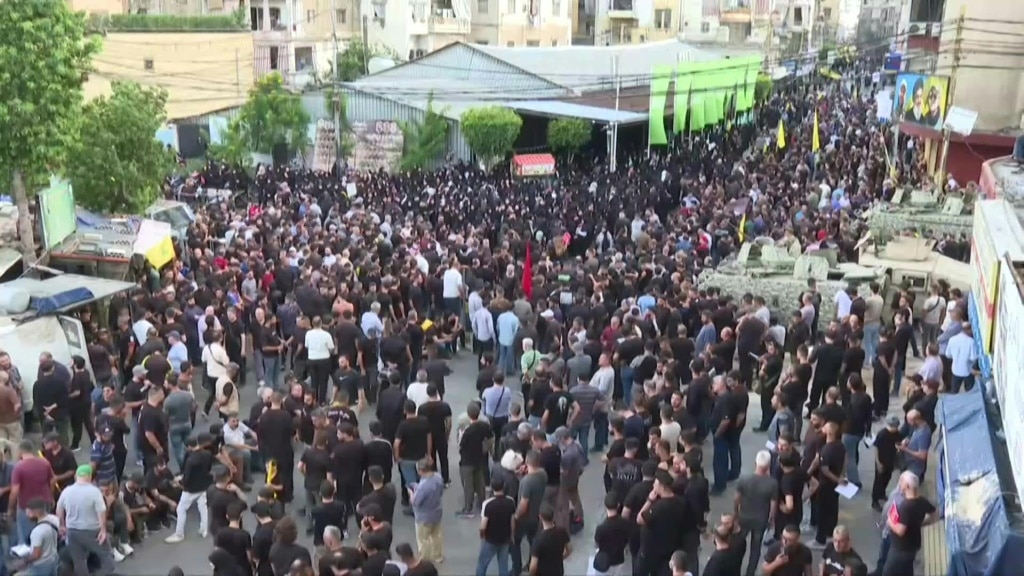Why Israel hit Hezbollah with a surprise device attack — and here’s what comes next
The attacks will significantly damage the ability of the Lebanese terror group to fight against Israel, experts say, but the question remains: Why would Israel order the blasts now?
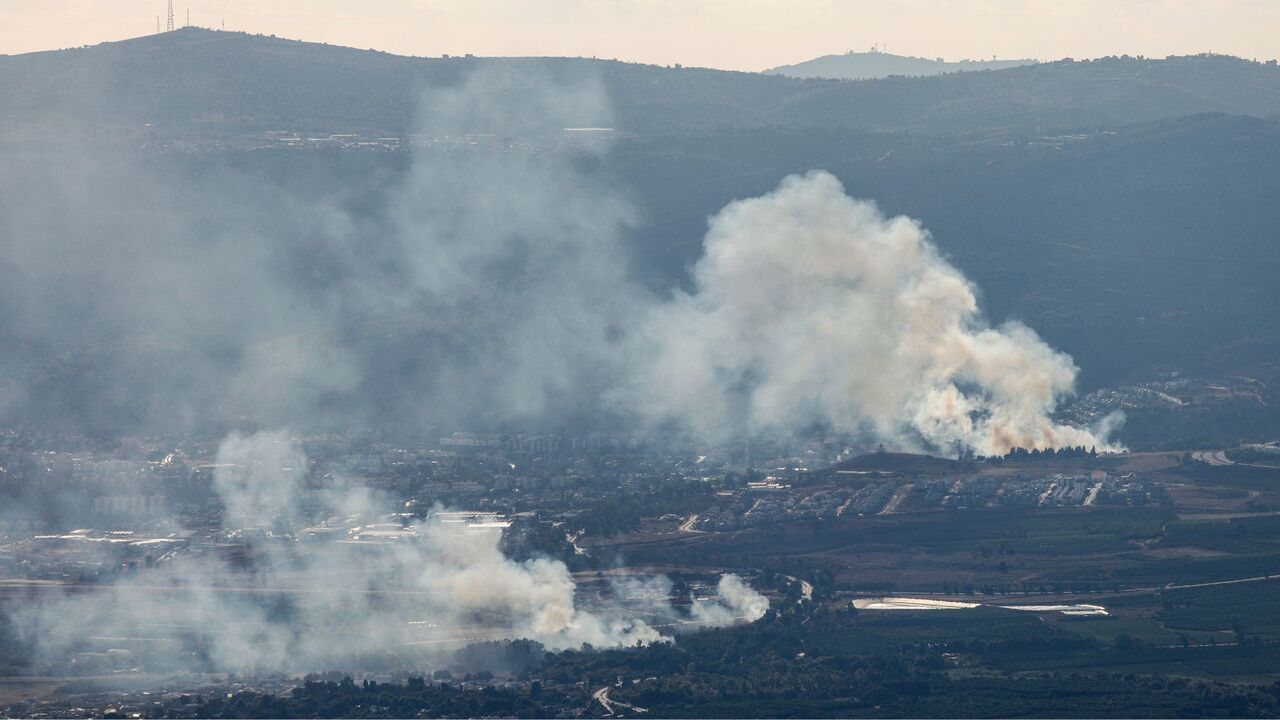
The Israeli intelligence operation against Hezbollah, which saw thousands of booby-trapped pagers, walkie-talkies and other electronic devices exploding by remote control, will significantly damage the ability of the Lebanese terror group to fight against Israel, experts toldThe Post.
But the question remains: Why would Israel order the blasts now?
One answer could lie in the north of the Jewish state, where Hezbollah has been launching near-daily air strikes — starting almost immediately after Hamas’ horrific October 7 attack on Israeli civilians, said Nicolas Carl, research manager for the American Enterprise Institute’s Critical Threats Project. “Israeli senior political and military leaders have been very clear in this time that they see the security situation along their northern border as unsustainable,” Carl told The Post.
On Thursday, local time, Israeli jets flew low over Beirut’s capital just as Hezbollah leader Hassan Nasrallah gave a televised speech saying Israel had crossed “all red lines” with the pager explosions. He claimed Israeli had planned to kill thousands of people with the attacks.
Israel also bombed Hezbollah positions in southern Lebanon on Thursday as a senior militray official said that the country had “approved battle plans” against the Lebanon based organisation.
Looking north
As the war on Hamas in Gaza reaches its one-year mark, the Israel Defense Forces now aim to push Hamas’ larger, more powerful allied organisation in Lebanon away from its northern border, Carl said.
Both Hamas and Hezbollah are backed by Iran and include the destruction of the state of Israel in their demands.
The Hezbollah air strikes have forced many civilians living in the northernmost territories of Israel to flee.
“[Israelis] need to, as they put it, change the security situation so that they can secure a lot of these northern communities and all these displaced peoples who have been forced to evacuate their homes because of the near constant bombardment by Lebanese Hezbollah into Israel,” Carl said.
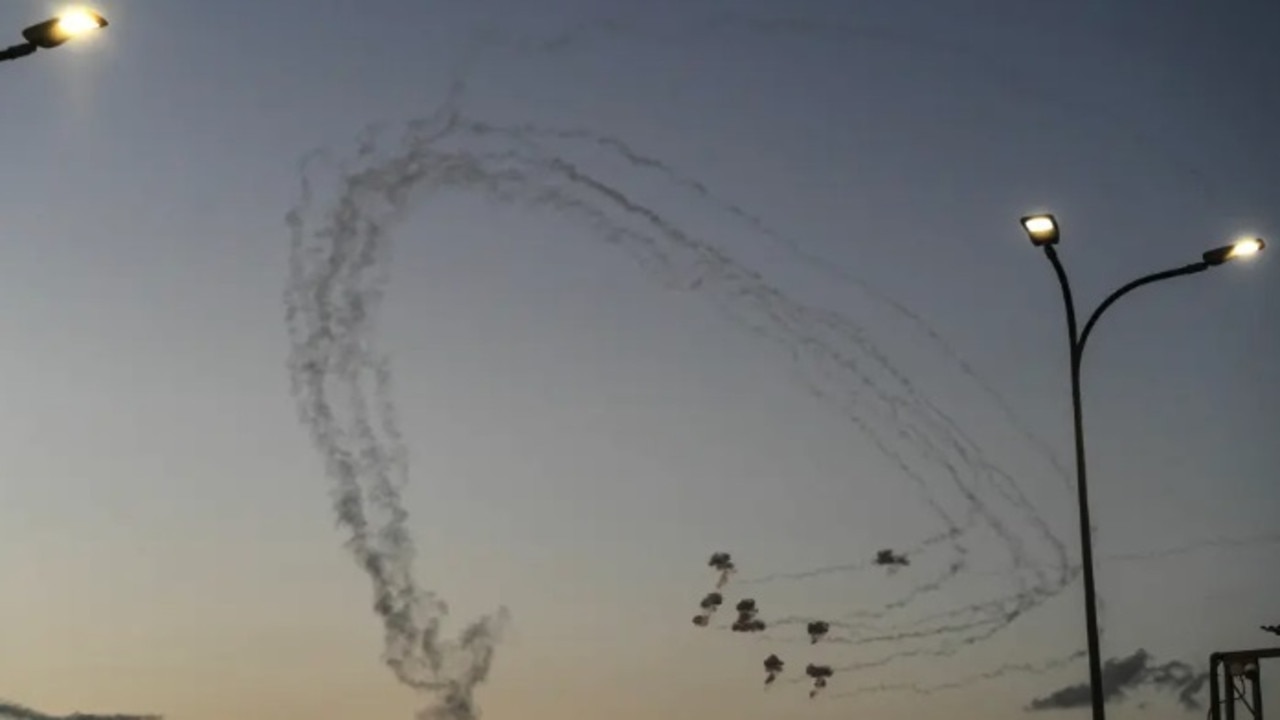
On Monday – just a day before roughly 2,800 people were injured in Mossad’s head-turning pager attack – the Israeli security cabinet approved “returning the residents of the north securely to their homes” as a formal war objective.
The move marked “the first time that northern Israel is officially included in Israel’s stated war objectives,” according to a joint report by the American Enterprise Institute’s Critical Threats Project and the Institute for the Study of War.
While the impressive attacks appeared to some to come out of nowhere, the complexity of the operation suggests Mossad plotted it for months, if not years, experts said – and there had been clear warning signs of a shift in the conflict on the horizon.
For example, Israeli Prime Minister Benjamin Netanyahu said last week that a political settlement alone will not return displaced citizens to northern Israel and that Israel is “preparing for a broad campaign” to this effect.
“There is a conversation happening in Israel right now about whether it makes sense to begin to use military force in order to push Hezbollah away from that border region between Israel and Lebanon instead of continuing to pursue the diplomatic option that Israel has been doing,” Carl said.
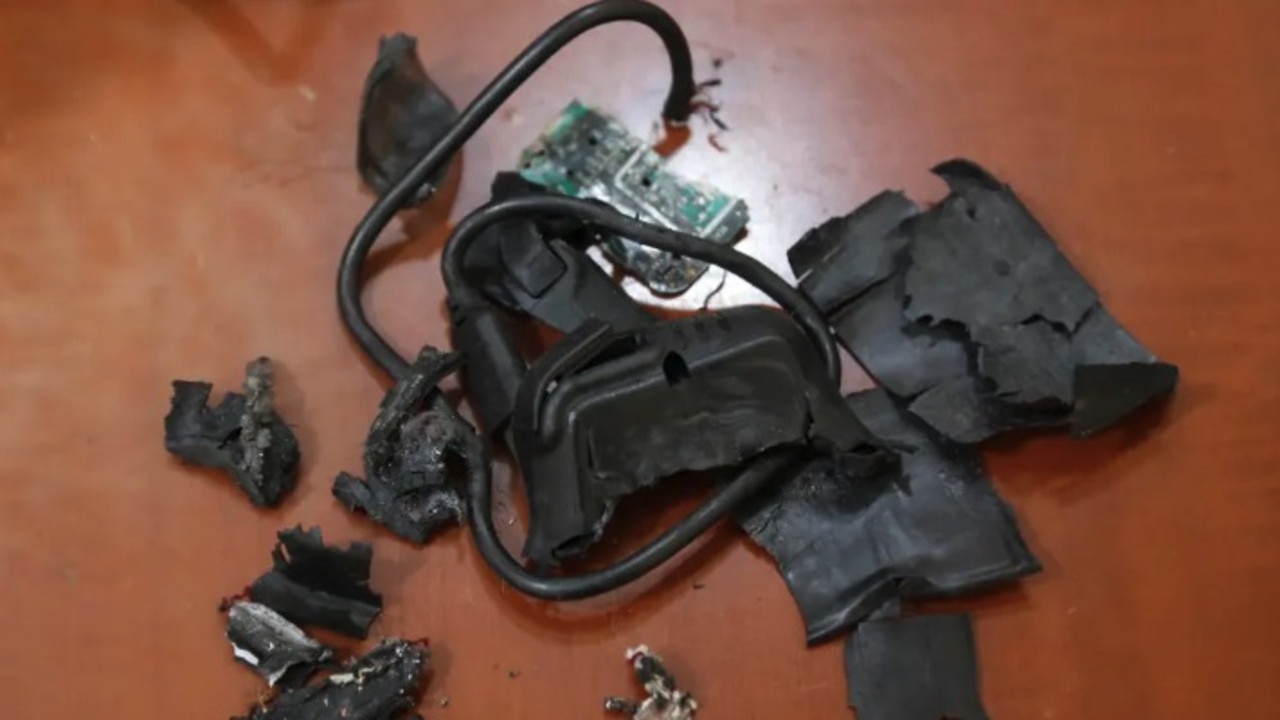
It comes as the Israeli Defense Forces have severely weakened Hamas in Gaza, leaving open an uncertain future for the remainder of the war in the Palestinian-controlled territory.
Exactly what comes next remains, but the pager operation shows that Israel was already devoting resources to combating Hezbollah long before the war against Hamas began to wind down, Carl said. “Of course, we don’t know whether Israel is going to launch a major military offensive into Lebanon anytime soon … but nonetheless, we should understand the pager attack and then the more recent attack that happened today in this broader context of this Israeli desire to push Hezbollah away.”
Blasts’ impact
Regardless of whether more attacks are soon to come, Israel’s recent blasts have already become “Hezbollah’s worst nightmare,” adjunct fellow at The Foundation for Defense of Democracies Seth J. Frantzman told The Post.
“Hezbollah is not used to internal chaos,” he said. “Hezbollah will now be overly cautious about any outside devices it acquires.”
The blasts have left the terrorists — already were apprehensive about cell phones — even more paranoid, leaving a big question mark over how they will communicate and plan its own future attacks.

“The nature and scale of the attack also likely stoked confusion and shock among some Hezbollah members,” according to a joint report by the American Enterprise Institute’s Critical Threats Project and the Institute for the Study of War.
“These effects could drive general paranoia within Hezbollah as well, given that Israel has demonstrated repeatedly in recent months how deeply it has infiltrated Iranian and Iranian-backed networks.”
The group shifted to using pagers out of concern over Israel’s ability to hack and track more modern technology with capabilities such as GPS. Now, Hezbollah must regroup to come up with a new communications tactic that may not be as fast and effective.
“The group is already concerned that its own internal landlines are compromised and it prefers to stay away from cell phones, leaving it with fewer options to co-ordinate its terrorist activities,” Frantzman said.
A second attack on Wednesday targeting other types of devices, such as handheld radios key for Hezbollah’s communications, will likely cause further concern and paranoia among the terrorists, Frantzman said.
“The types of devices impacted appear to be from a variety of technologies,” he said. “This kind of secondary strike will certainly cause Hezbollah to have fear and push the group into greater internal chaos.”
What happens now?
After back-to-back attacks, other Iranian-backed groups could also begin to question whether their communication devices have been sabotaged, too.
More Coverage
“There could be a domino affect now among Iranian-backed proxies, thrown into chaos by this attack and forced to rely on new methods to co-ordinate in the wake of the exploding pagers,” Frantzman said.
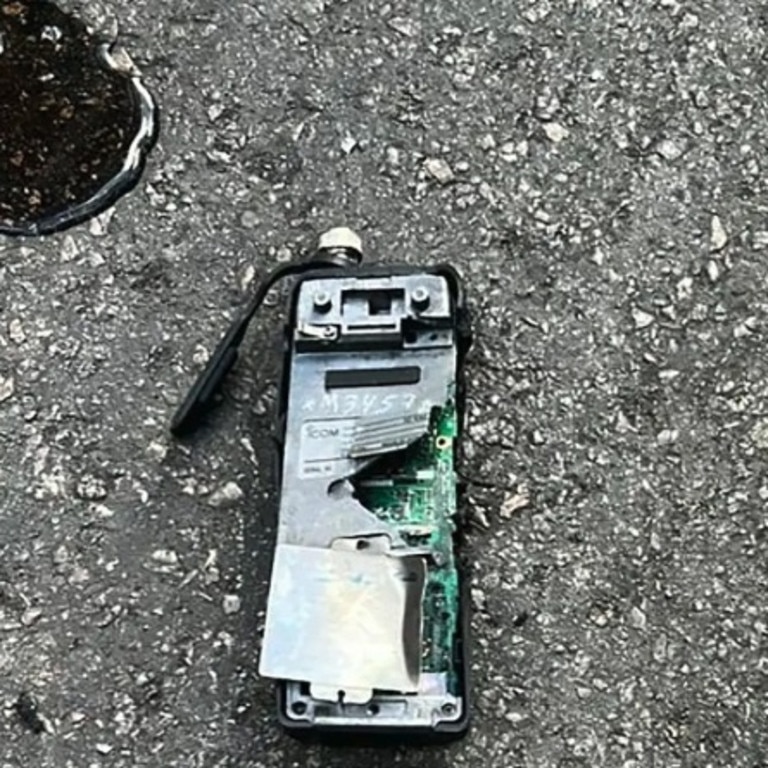
While Hezbollah has vowed to take revenge on Israel, a quick counter-attack could spell trouble for the terror group. “The attack will have a long-term psychological blow for Hezbollah because the organisation will feel it has been penetrated and suffered a defeat in the eyes of the region,” Frantzman said. “This may cause the group to lash out, but if it lashes out it may do so in haste and make mistakes.”
This article appeared in the New York Post and was republished with permission.

